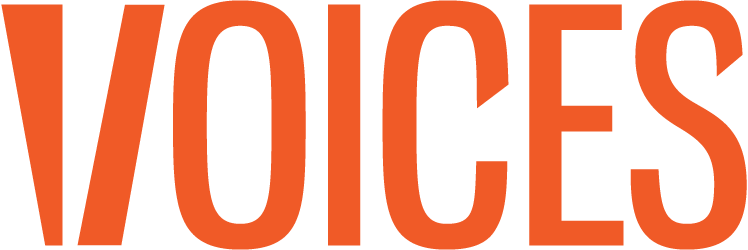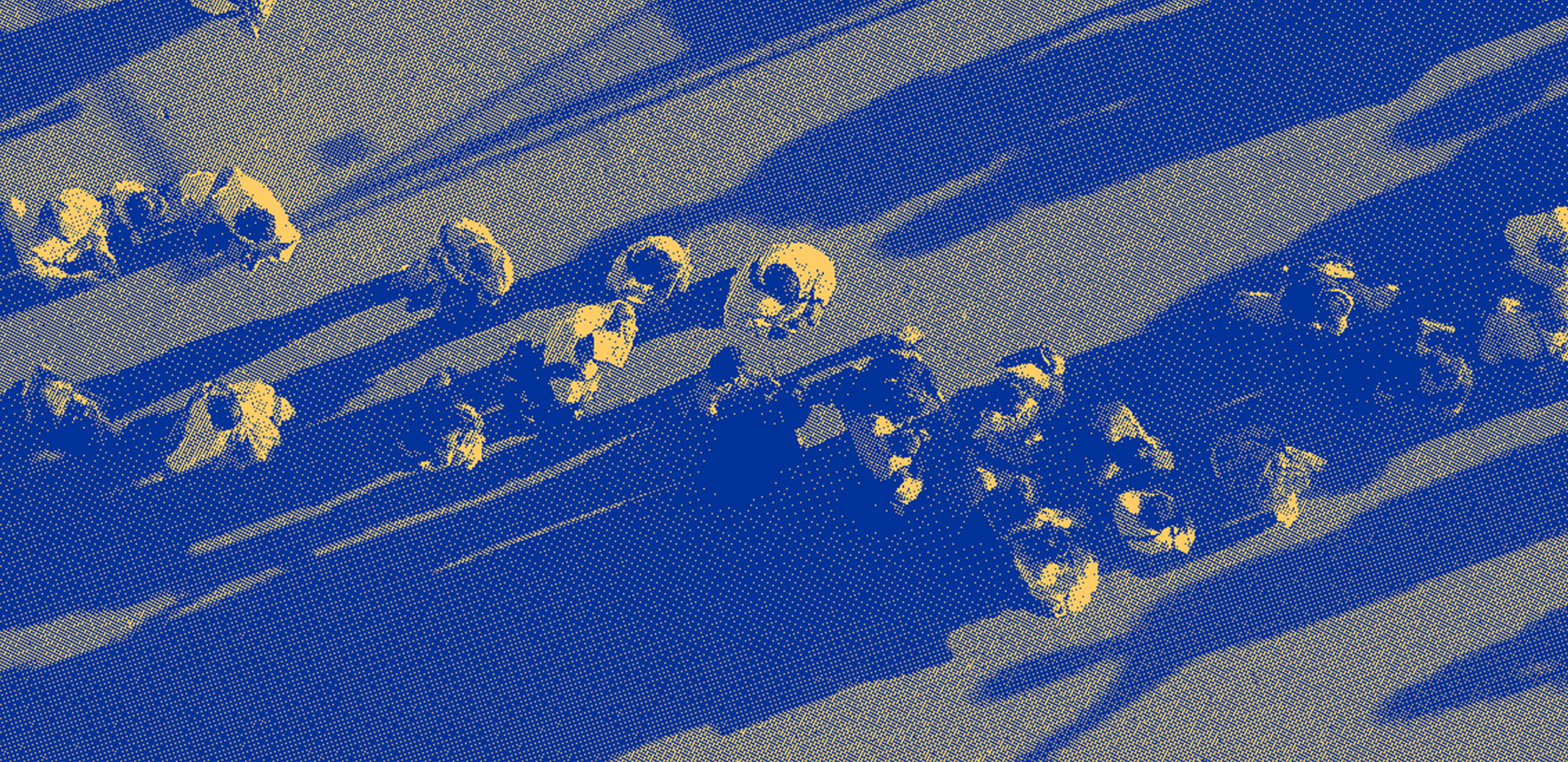Exhibitions
In the hands of a photojournalist, the camera becomes history’s eye
Sometimes, the most powerful stories are told without words. That is why Voices was proud to present five exhibitions that shed light on marginalised realities, including the precarious situation of migrant sex workers in Denmark, the routines of people with mental and physical disabilities in Moldova, the worry of people about the environment, or the dedication of journalists killed in Gaza.
Through the lens of young and courageous photographers, who have the ability to make distant struggles feel immediate and personal, these exhibitions offered an unfiltered glimpse into lives often overlooked, showing how visual storytelling can influence and inspire action.
You Still Don’t Know My Name
It is not known how many migrant sex workers and potential victims of human trafficking exist in Denmark at the moment. They often change names, phone numbers, and workplaces. Therefore, they are hard to count and follow. Their situations vary and defining whether someone has been forced into sex work is difficult. Some know that they will be doing sex work when coming to Denmark and some don’t. Some can travel freely between countries and some have their passports taken away by traffickers. Some are held by threats and violence, some by debt and some because they have no other choice but to stay.
Louise Herrche Serup and Sarah Hartvigsen Juncker visited 152 sex clinics to capture the everyday lives, longing, love, fear, and dreams of 35 migrant sex workers and potential human trafficking victims in Denmark.
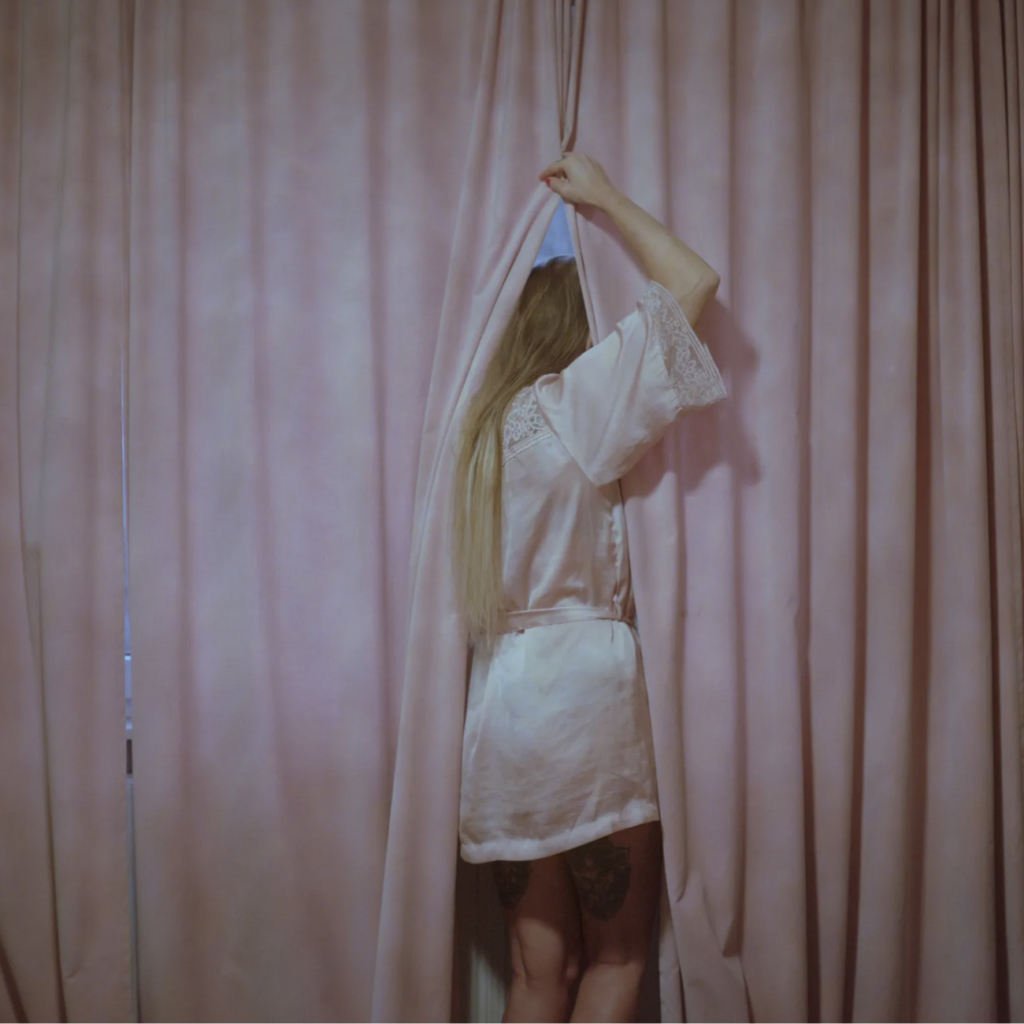
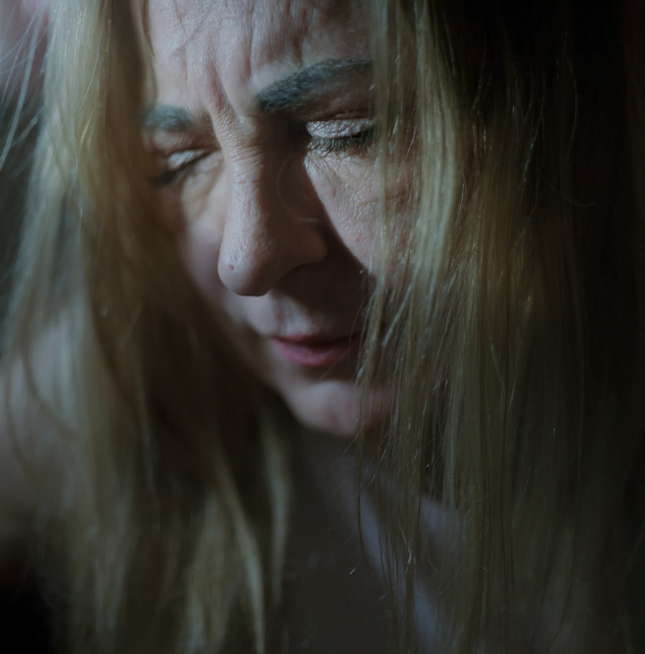
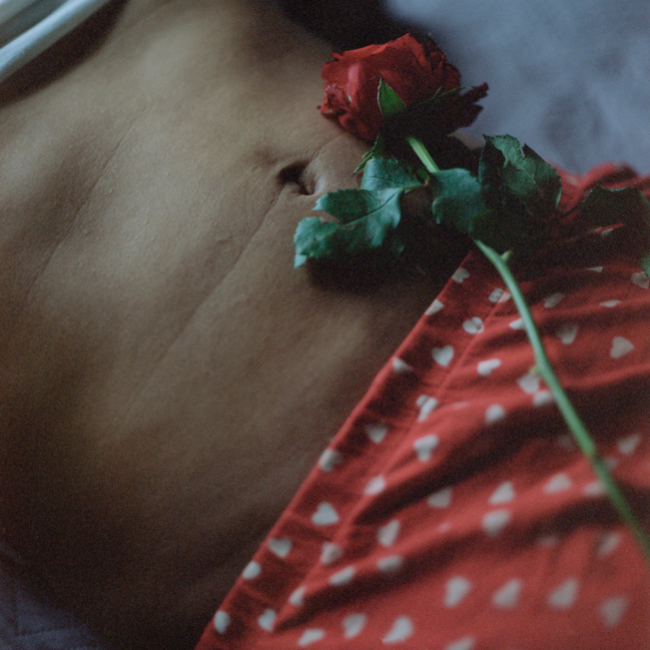
Hidden Away
Patients must get out of bed at 6:30 a.m. Breakfast is at 8:30 a.m., lunch at 1 p.m., and dinner at 7 p.m. There are no activities in between.
On a hill at the end of a long gravel road far away from society lies Moldova’s biggest institution for adults with mental and physical disabilities. Here live approximately 300 adults with varying degrees of disabilities, outside the small village of Bădiceni.
Through these photos, Maria Høy Hansen unveils a window into the daily lives of those within Moldova’s largest institution for mental and physical disabilities, a remnant of the Soviet Union that the country has yet to modernise.
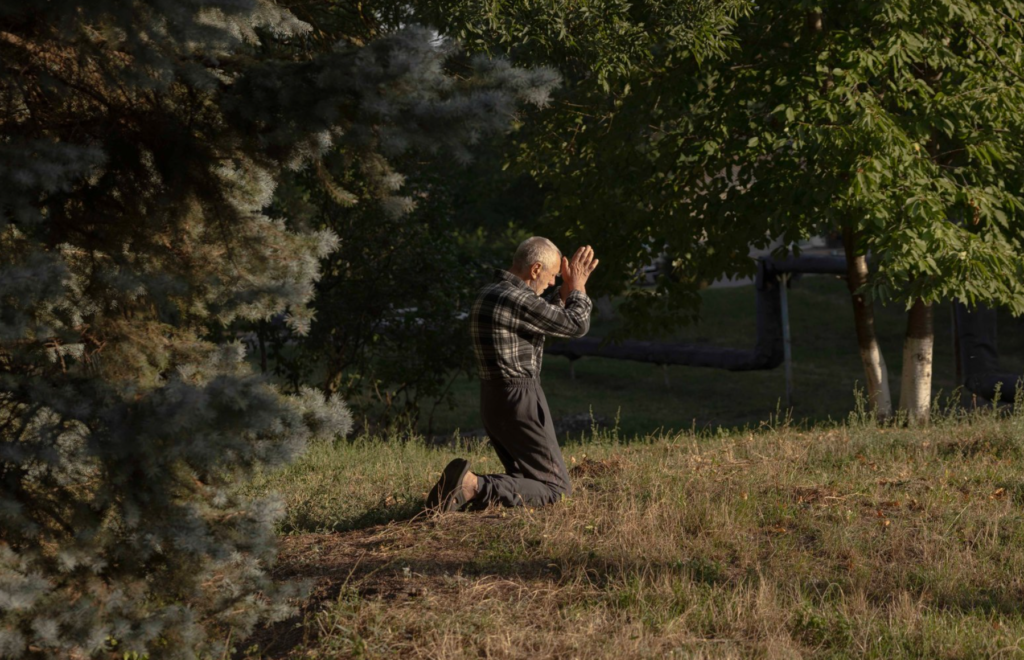
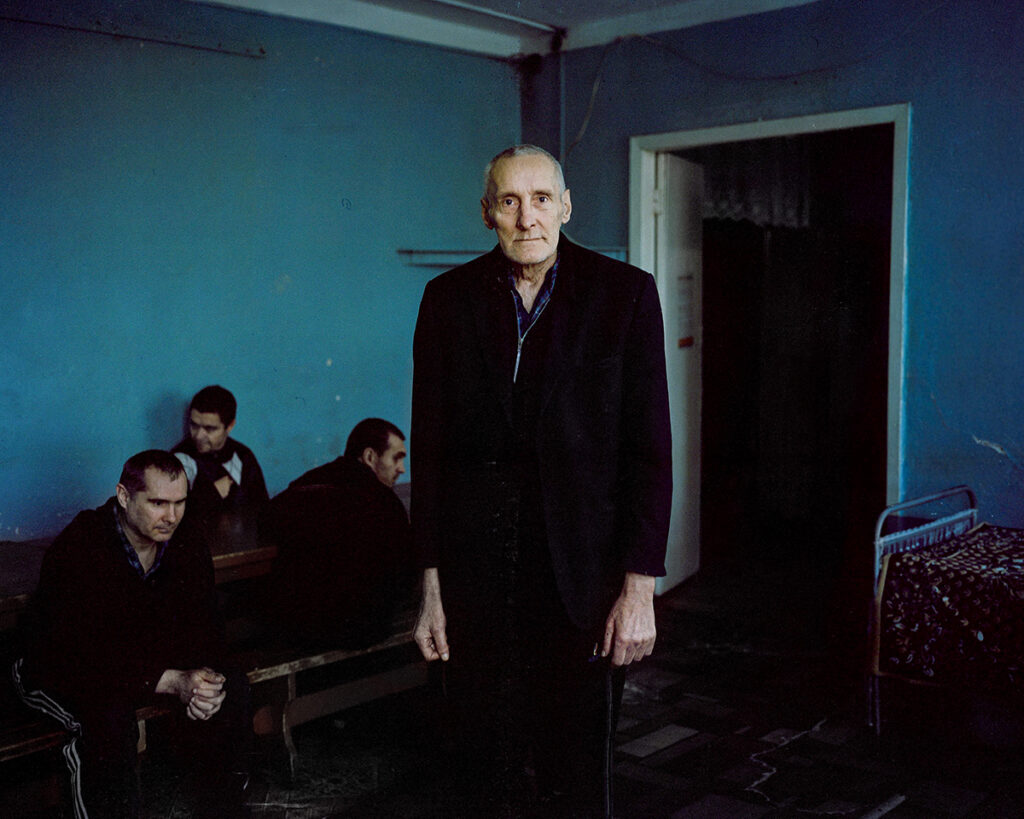
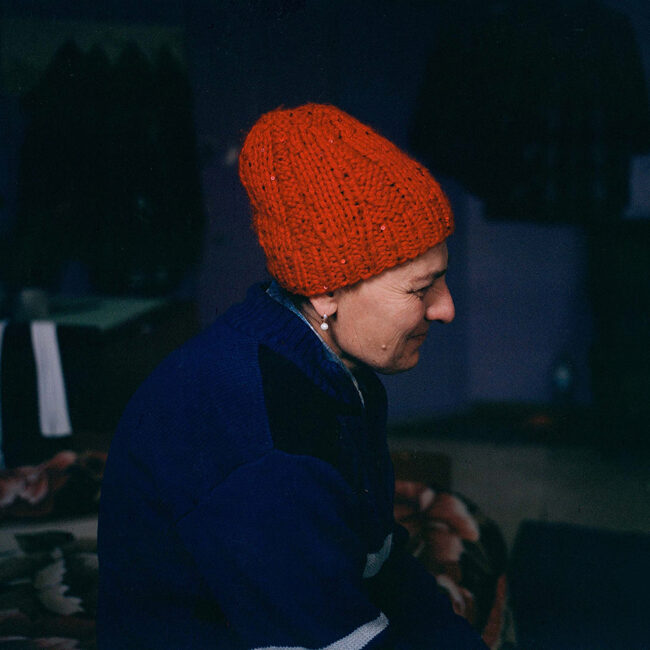
Generation Climate
Christian Falck Wolff captures the fervor of young activists fighting for the planet in Germany. In Lützerath, they protest against the expansion of a brown coal mine, while in Grünheide, they oppose Tesla’s factory expansion, which demands deforestation and threatens local water resources.
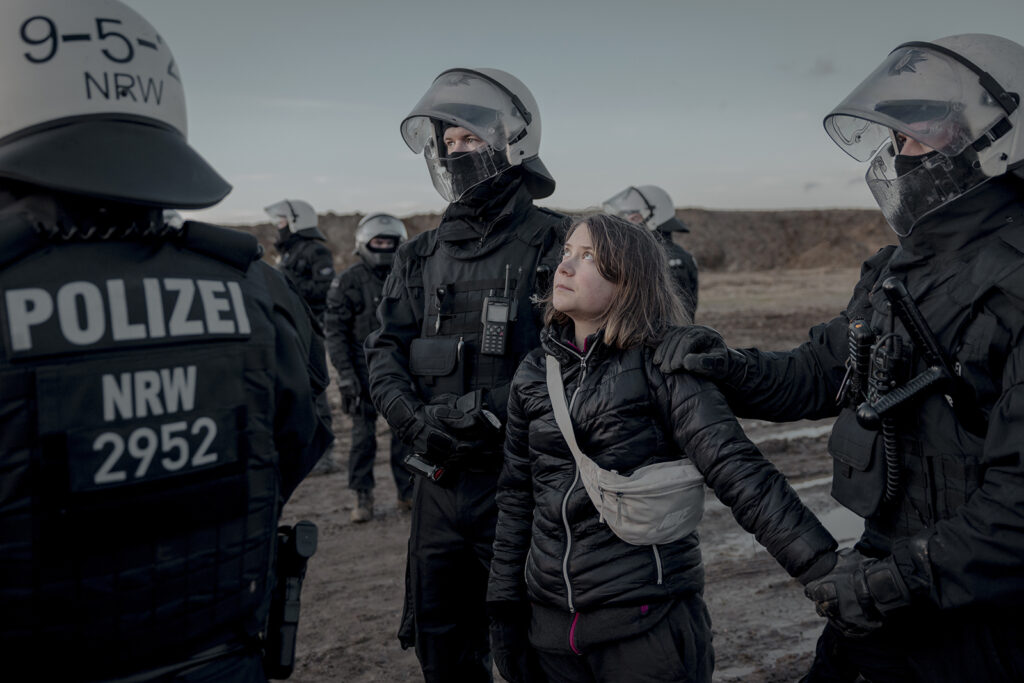
We Did What We Could, Remember Us
From Reporting Chaos to Reporting House
Upcoming edition
We are now working on the programme of the third edition in Florence 2026. Stay tuned!


